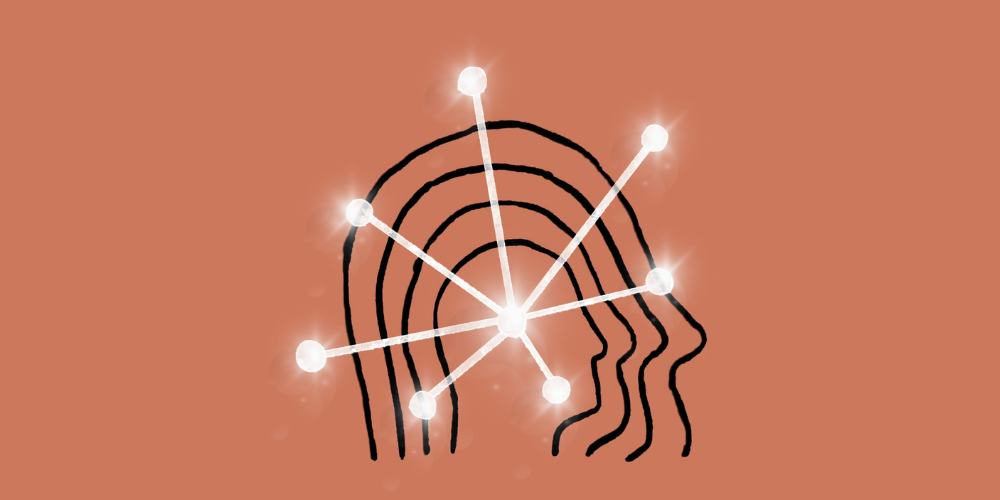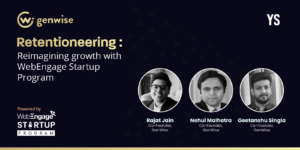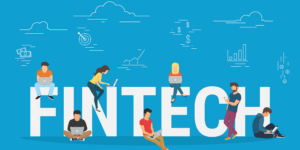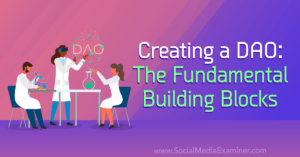
In a world rapidly advancing through technology, AI and generative language models are pushing boundaries like never before. ChatGPT, developed by OpenAI, has been a significant player in the field, but it now faces a formidable challenger: Claude 2, created by the San Francisco-based AI firm, Anthropic.
Claude 2: An Advanced and Improved AI Model
Claude 2 has been introduced as an enthusiastic personal assistant and a friendly colleague that can engage in various tasks using natural language. The AI model has seen improvements across numerous domains, including math, coding, reading, and writing, following the upgrade.
Furthermore, it can handle a staggering 100,000 tokens (roughly 75,000 words), digesting, remembering, and analyzing this data in under a minute. This capability enables Claude 2 to manage everything from straightforward questions to comprehensive reports, thereby showcasing an advanced level of versatility.
A Leap in Performance and Application
Anthropic claims that Claude 2 is not just smart but potentially smarter than 90% of college students in the United States and Canada. It demonstrates a marked performance improvement, delivering longer responses and enhanced capabilities in math, coding, and reasoning.
In practical tests, Claude 2 scored 76.5% in the Bar exam’s multiple-choice section, an increase from Claude 1.3’s 73.0% score. Furthermore, it exceeded the 90th percentile on the GRE reading and writing exams compared to college students applying for graduate school. Such performance metrics paint an intriguing picture of the AI’s capabilities and its potential applications in various sectors.
Businesses Turning to Claude
Anthropic has made Claude available to businesses wishing to leverage its power for their products. Several tech companies, including Notion Labs Inc., Quora Inc., and DuckDuckGo, have tested Claude in the past few months. For instance, Quora used the AI in an app called Poe, which allows users to pose questions.
Anthropic is also offering a less powerful but cheaper and quicker version, Claude Instant, catering to different business requirements.
Claude Vs. ChatGPT: A Rivalry in the Making
The rivalry between Claude and OpenAI’s ChatGPT has been heating up. Both are large language models used for a myriad of written tasks, such as summarizing, searching, answering questions, and coding. While ChatGPT has faced criticism for sometimes offering disturbing results, Claude positions itself as a more cautious option.
Anthropic CEO Dario Amodei acknowledged that no model is perfect and that all AI models occasionally “hallucinate” or fabricate information. Yet, in tests, Claude demonstrated an ease of conversation and an ability to learn from its mistakes, as seen when it acknowledged gender bias in nickname suggestions and promised to avoid stereotypes in the future.
A Look at the Future
This rapid development in AI models like Claude 2 and ChatGPT offers a tantalizing glimpse into the future, where generative language models may play an even more significant role in numerous domains. However, as Julie Carpenter, a research scientist at California Polytechnic State University, pointed out, it is crucial to maintain a critical perspective to avoid potential biases that could otherwise go unnoticed.
As AI models like Claude 2 continue to develop and refine their capabilities, they have the potential to revolutionize how we interact with technology. However, the journey to perfect AI is still a work in progress, and the exciting challenge now is to strike a balance between advancing technology and maintaining ethical standards.
.thumbnailWrapper
width:6.62rem !important;
.alsoReadTitleImage
min-width: 81px !important;
min-height: 81px !important;
.alsoReadMainTitleText
font-size: 14px !important;
line-height: 20px !important;
.alsoReadHeadText
font-size: 24px !important;
line-height: 20px !important;











